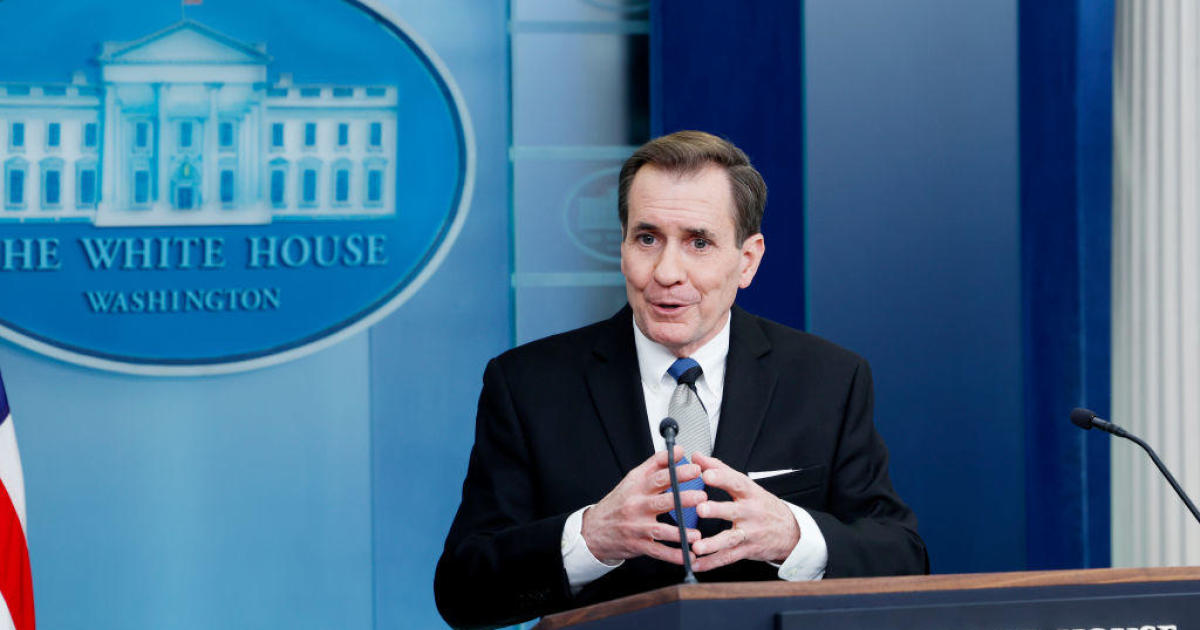The White House has recently reported that cease-fire talks between Israel and Hamas are approaching a resolution, despite growing concerns about the possibility of a broader conflict in the Middle East. This comes in the wake of high-profile assassinations of key leaders from both Hamas and Hezbollah.
On July 30, Israel conducted a rare airstrike on Beirut, Lebanon, targeting and killing Hezbollah commander Fuad Shukr, who was a close advisor to Hezbollah’s secretary-general Hassan Nasrallah. The following day, Ismail Haniyeh, the long-time chairman of Hamas’ political bureau, was assassinated at his guesthouse in Tehran. Iran has blamed Israel for this assassination, which occurred just hours after Haniyeh attended the inauguration of Iran’s incoming president.
Haniyeh played a crucial role in the cease-fire negotiations between Israel, the United States, and mediating countries Qatar and Egypt. With his unfortunate demise, the responsibility of leading these negotiations has now shifted to Yahya Sinwar, who has taken over as the leader of Hamas’ political wing. Sinwar, believed to be hiding in Gaza’s underground tunnels, is also suspected of masterminding Hamas’ attacks on Israel on October 7.
National Security Council spokesperson John Kirby expressed optimism about the progress in the cease-fire talks, stating that the gaps between the parties are narrowing and can be resolved. However, former Israeli negotiator Gershon Baskin cast doubts on this assertion, questioning the basis of such claims and suggesting that the reality on the ground may not align with the White House’s optimism.
There are speculations that the White House’s comments could be a strategic move to pressure Israeli Prime Minister Benjamin Netanyahu into agreeing to a deal. Baskin noted that the relationship between the U.S. and Israel has been strained due to Israel’s military actions in Gaza, where the death toll has reached nearly 40,000 since October 7. Netanyahu, on the other hand, has reiterated his commitment to military action and proclaimed that Israel is prepared for both defense and offense.
Netanyahu’s stance on military action has raised concerns about the prospects for a cease-fire unless there is a significant shift in his approach. Baskin suggested that either Netanyahu changes his course or Yahya Sinwar is apprehended, which Israel considers as their primary enemy. Sinwar, known for his history of anti-Israel activities, rose through the ranks of Hamas and assumed leadership in Gaza in 2017.
Following Haniyeh’s assassination, U.S. Secretary of State Antony Blinken has directed public pressure towards Sinwar, emphasizing his role in securing a cease-fire agreement in the Israel-Hamas conflict. The situation remains tense as both sides navigate the complexities of the negotiations and the broader geopolitical implications of the ongoing conflict.
As the cease-fire talks continue, the international community closely monitors the developments in the region. The dynamics between Israel, Hamas, and other regional actors play a crucial role in shaping the outcome of the negotiations and the broader implications for peace and stability in the Middle East.
In the midst of escalating tensions and violence, the need for a diplomatic resolution becomes increasingly urgent. The White House’s optimism about the progress in the cease-fire talks offers a glimmer of hope amidst the uncertainty and challenges facing the region. The coming days will be critical in determining the path forward and the prospects for a lasting peace in the Middle East.









